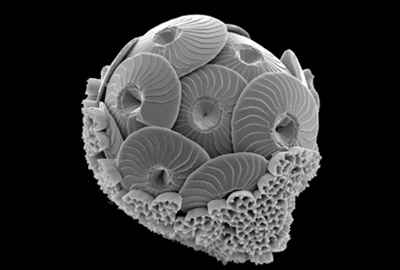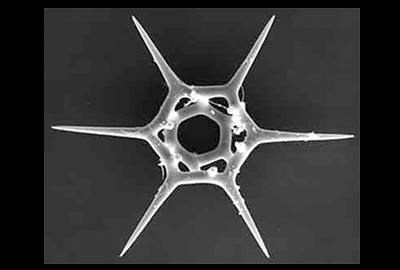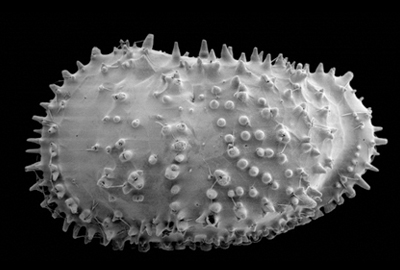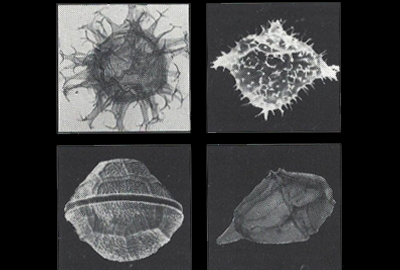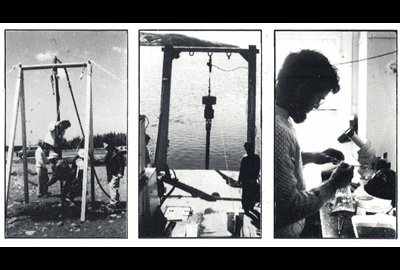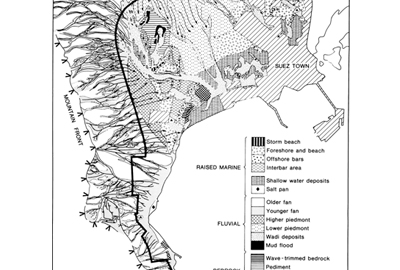Technical Information
Palynology and Petroleum Source Rock Potential
Palynology is the study of plant and animal-like microfossils composed of acid resistant, organic-walled structures. These include pollen, spores, dinoflagellates, tasmanitids, acritarchs and chitinozoans. The most familiar to petroleum geologist (and archeologists) for their stratigraphic applications, are pollen (the male reproductive bodies in seed plants dating from Carboniferous time), spores (Silurian to Recent remains of algae, fungi, mosses and ferns) and dinoflagellates (unicellular, mostly marine phytoplankton, probably originating in the mid Paleozoic) Acritarchs, which are similar to dinoflagellates, are recorded from the Pre-Cambrian on, and tasmanitids are spore-like remains with affinities to green algae occurring from the Cambrian to the Tertiary. Chitinozoans are animal-like organisms restricted to marine, early-middle Paleozoic rocks.

Because of the variety of microfossil groups involved, palynology can provide biostratigraphic zonations and correlations in both marine and non-marine sediments, as well as palaeoclimate and palaeoenvironmental interpretations. Playnofacies analysis, which involves the qualitative and quantitative assessment of terrestrial and marine organic matter in sediments, in conjunction with lithological and well wire-line log data, provides an effective method of interpretation of clastic depositional facies. A palynologist's services may also include visual analysis of a sediment's potential to generate hydrocarbon. This involves the visual estimation of kerogen colour, which is altered through geological time in response to the progressive effects of heat and pressure, which results in oil/gas generation. Visual colour analysis is expressed numerically on a scale from 1 to 5, referred to as "thermal alteration index" (TAI), which is applied in conjunction kerogen type to evaluate source rock potential. Source rock potential may be estimated from a specialized, complementary technique known as vitrine reflectance, another thermal alteration scale (%R?) which is based on the reflectivity of polished surfaces of vitrinitic (coalified) organic matter which increases with progressive thermal alteration.
About Us
We provide comprehensive geological service packages to assist hydrocarbon exploration and development throughout the Caribbean.
© All Rights Reserved.
Our Contacts
Administration Building
113 Fredrick Settlement
Old Southern Main Road
Caroni, Trinidad W.I.
+868-645-9443
+868-620-9384

